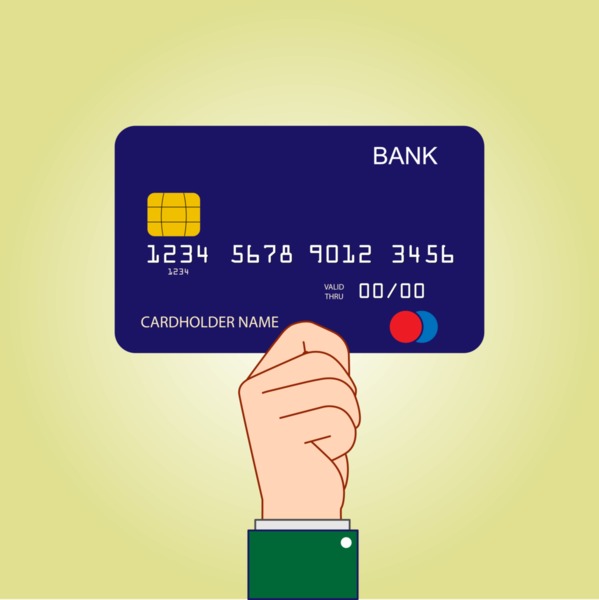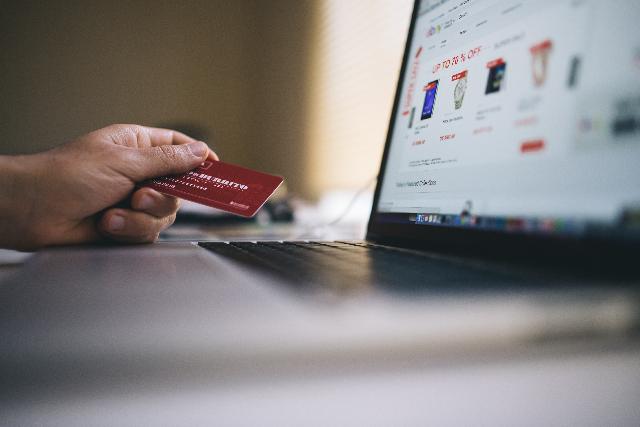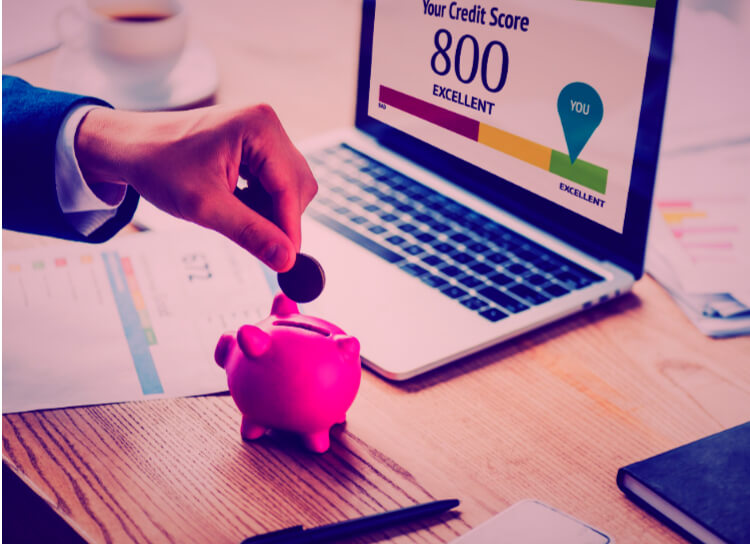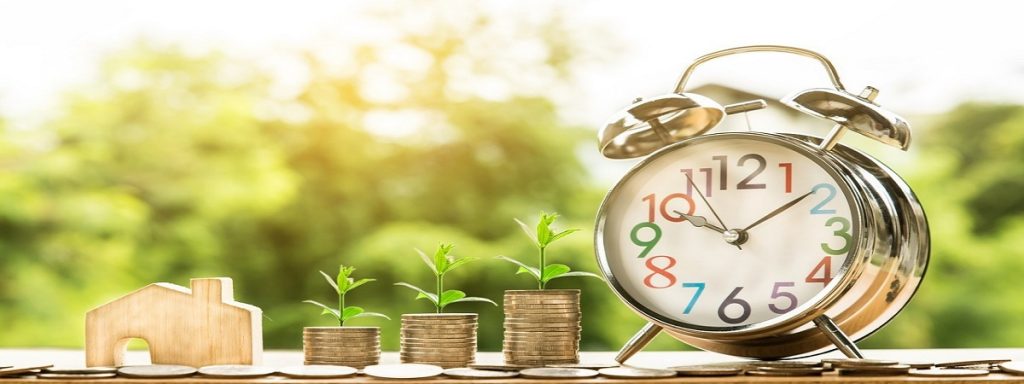Overdraft is a very important banking feature and if you fail to pay the overdraft in time then you have to face lots of negative consequences. The worst result is, the bank can take legal action against you and close your account. Moreover, they can take the collection and report your failure to pay the overdrafts to Chex Systems so that you won’t be able to open another bank account in the future. Many banks only charge a late fee if you don‘t pay the overdraft in time.
Key Takeaways
- A bank overdraft is a type of loan that a bank provides its users when the bank account becomes zero
- There is an interest rate for the overdraft amount that you have to pay per overdraft
- Usually, the interest rate of an overdraft is less than the interest rate of credit cards and other types of loans
- There are two types of overdrafts available: authorized overdrafts and unauthorized overdrafts
- If you don’t pay the overdraft in time then the bank might charge you “extended overdraft fees”
What Is Overdraft And How Does It Work?
An overdraft is like taking a loan from the bank but in a small amount. Basically, an overdraft is a short-term borrowing or emergencies only borrowing of money from the bank. You can consider it as an extension of credit from the bank or other financial institutes. This is a special feature from banks that allow a bank account holder to continue withdrawing money even when there are no sufficient funds available on the account or the account balance is zero. The bank sets an amount for every bank account that the account holder can borrow. There is an interest rate for the overdraft amount that you have to pay per overdraft. If you need to borrow a small amount of money then you can ask your bank for an overdraft. But you have to remember that overdraft is a type of loan that you have to pay back. Usually, the interest rate of an overdraft is less than the interest rate of credit cards and other types of loans.

Types Of Overdrafts
There are two types of overdrafts. They are –
1. Authorized Overdrafts
2. Unauthorized Overdrafts
Authorized Overdrafts: This type of overdraft is arranged in advance so they are also known as “arranged” overdrafts. In this type of situation, you agree to a limit with your bank and the bank allows you to spend money up to that limit. You will be charged interest and other additional fees for this type of overdraft.
Unauthorized Overdrafts: This type of overdraft is also known as “unarranged” overdrafts and they will happen when you spend money more than the amount you have in your bank account. This type of overdraft means you have gone over your bank balance without agreeing on it in advance with the bank authority.
Overdraft Protection And The Fees
Many banks provide overdraft protection to their clients and it allows the account holder to overdraw money from their accounts for a cost. This feature allows a transaction even though there is not enough money in the account to cover the bill. So, if this feature is not enabled and if there is no sufficient balance then the checks may bounce, an automatic payment (ACH transfer) may fail to clear, or debit card transactions may be refused. If any of the above things happen then the bank can charge a non-sufficient funds (NSF) fee. Moreover, you might have to pay additional undesirable repercussions like –
1. Fees charged by merchants
2. Fees for late payments
3. Accounts are canceled.
4. Coverage cancellation (for insurance)
The Consequences Of Not Paying Back The Overdrafts
If you don’t have overdraft protection then you have to face the consequences of an overdrawn bank account. If you are wondering what are the consequences then check below!
The Account Could Be Closed
If you overdraft your bank account then don’t think the bank will allow you to keep your balance negative for a long period of time. In fact, you should make your bank balance positive as soon as possible or it will create a negative impression. The bank can take various steps against your account and the worst-case scenario is the bank might close your bank account. How much time you have to make your balance positive depends on the bank where your account is. So you should check your bank’s account policy agreements or you can directly contact the bank authority to stop your account from being closed. If you are an old account holder of the bank then you might get some bonus time for loyalty. But don’t keep your balance negative for a long period of time because the bank can close your account any time they want.
You Have To Pay The Overdraft
If your bank closes your account because your account has been overdrawn for a long time then don’t be happy thinking you don’t have to pay the overdraft. You should understand that if your bank closes your account you still have to pay the loan/overdraft. So this debt won’t be disappeared once the account is closed. Moreover, if there are any automatic payments scheduled to come out of the account then you have to contact the merchants to arrange a different way to collect those payments.
Difficulty Opening Another Bank Account
If your bank account is closed because of a negative balance then you not only have to pay the overdrawn balance but also you will find it very difficult to open a new bank account. There is a chance you might end up with a negative ChexSystems report. A ChexSystems report includes the banking habit of a customer that includes overdraft history, bank fraud, and unsettled accounts. So if you have an overdrawn bank account that you haven’t paid yet then the bank will close your account as well as report this to ChexSystems. This will make it very difficult for you to open another bank account at a different bank.
Pay Extended Overdraft Fees
If you don’t pay the overdraft in time then the bank might charge you “extended overdraft fees.” Usually, the bank charges this fee if your account balance remains negative for more than a week. So if you don’t pay the overdraft in time then the negative balance will keep increasing day by day. The bank authority will try to contact you via phone, email, etc., to let you know about the negative balance of your account and remind you to pay the overdraft in time to avoid giving the additional fees.
Legal Action against You
If you don’t pay an overdraft or ignore the negative balance on your bank account then the bank authority could eventually take legal action against you. You must understand that the amount you have overdrawn from your account is a legal debt you owe to the bank. So it gives the bank the right to sue you and use legal remedies such as wage garnishment to collect the money from you. Therefore, if you want to avoid all the legal troubles then you should take care of the negative balance of your account right away.
How To Avoid Overdrafts
If you read the above information with attention then you have already realized that overdrafts are harmful to your financial prospects and it can lead you to many problems. So, you should try to avoid overdrafts and there are many ways you can do that. Let’s check them out!
Track Your Spending
You should maintain a running ledger and check it before making any new purchases or before withdrawing money from the account. Thanks to mobile banking, now you can easily check your account and see which transactions have been cleared and which aren’t. So, if you keep track of everything then you will be able to avoid various fees and penalties.
Enable Low Balance Notification
Many banks offer low-balance notification features to their account holders. This is an excellent feature because it will notify you when your account balance falls below a specific threshold. If you are not able to track your spending or account balance then this is a very convenient feature to enable for your bank account.
Don’t Take Out An Overdraft
The banks only allow their users to take out an overdraft if they have signed up for their overdraft program. So, if you sign up for the overdraft program then you only be able to overdraft money from your bank account. Therefore, if you want to avoid overdrafts then don’t sign up for the overdraft program of your bank.
Connect Your Bank Account With Another Account
This is a very effective way to avoid overdrafts. Most banks allow their users to connect their account or credit card with another checking account to minimize overdrafts. So, when your account balance becomes zero, money will be automatically transferred from another bank account to stop your balance from becoming negative. Many banks offer a line of credit to avoid overdraft fees which is very convenient.
FAQs About Overdrafts
Can You Go To Jail For Over-Drafting Your Bank Account?
Over drafting a bank account is considered a criminal offense. According to the National Check Fraud Center, the state authority can impose jail time for overdrawing from a bank account. However, the reasons for overdrawing from a bank account have to match the criminal prosecution.
How Long Can A Bank Account Be Overdrawn?
Depending on the bank or financial institutes you can keep your bank account overdrawn for 5 to 7 business days. It means you have 5 – 7 days to fix your balance before the extended overdraft fee takes your account and you face further troubles.
Can I Open A Bank Account If I Owe Another Bank Money?
There are no legal laws that say you can’t open a bank account if you owe another bank money. But, most of the banks check the credit report and bank consumer behavior reports in order to avoid risky customers. So, it might become very difficult for you to open a new account if you have a negative balance in another bank account.
Can I Close My Bank Account With A Negative Balance?
No, you won’t be able to close a bank account with a negative balance. First, you have to pay the debt and make the balance positive then you will be able to close your bank account.
Can I Still Use My Debit Card If My Account Is Negative?
If your bank account is negative or has zero balance then you won’t be able to use your debit card. So if you have inadequate funds then the transaction won’t be completed.
References:
1. https://www.investopedia.com/ask/answers/060916/can-checking-account-go-negative.asp
2. https://bestfinancier.com/what-happens-if-you-overdraft-your-bank-account-and-dont-pay-it-back/
Last Updated on October 30, 2022 by Magalie D.

Magalie D. is a Diploma holder in Public Administration & Management from McGill University of Canada. She shares management tips here in MGTBlog when she has nothing to do and gets some free time after working in a multinational company at Toronto.




